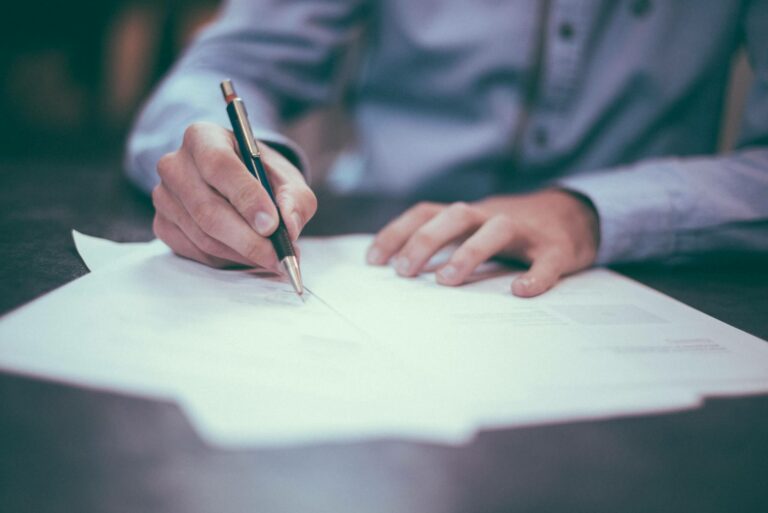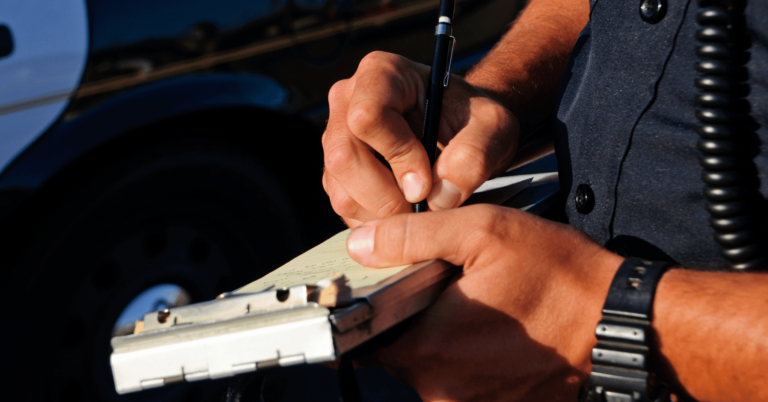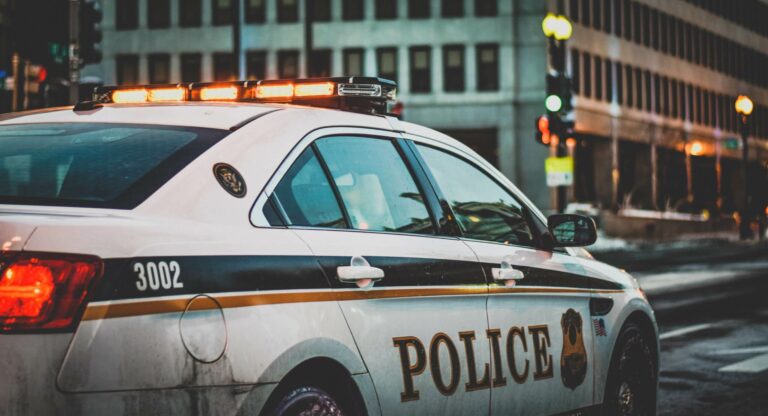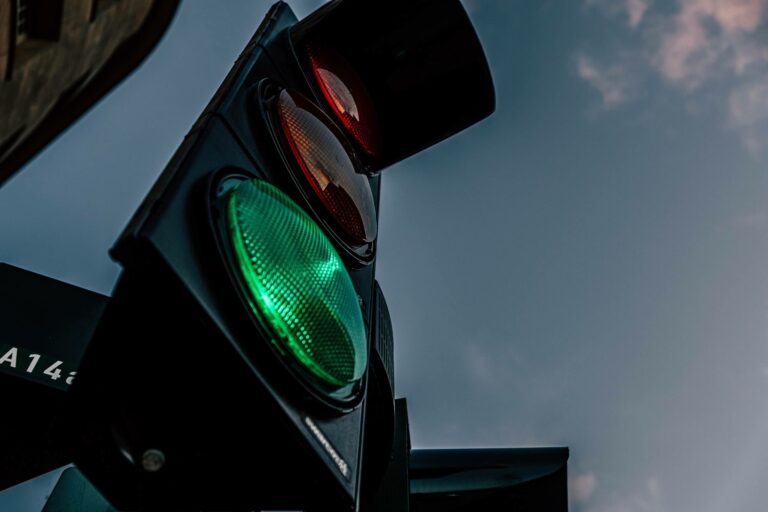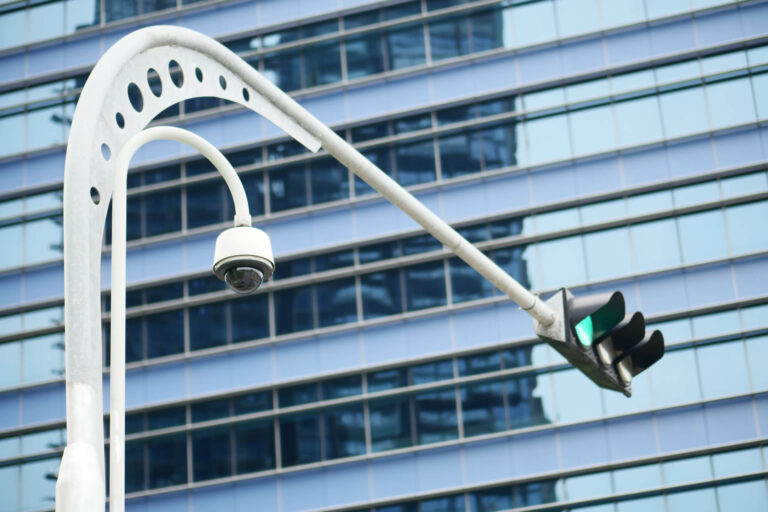How To Fight A Traffic Ticket In Maryland, And When To Call A Traffic Ticket Attorney
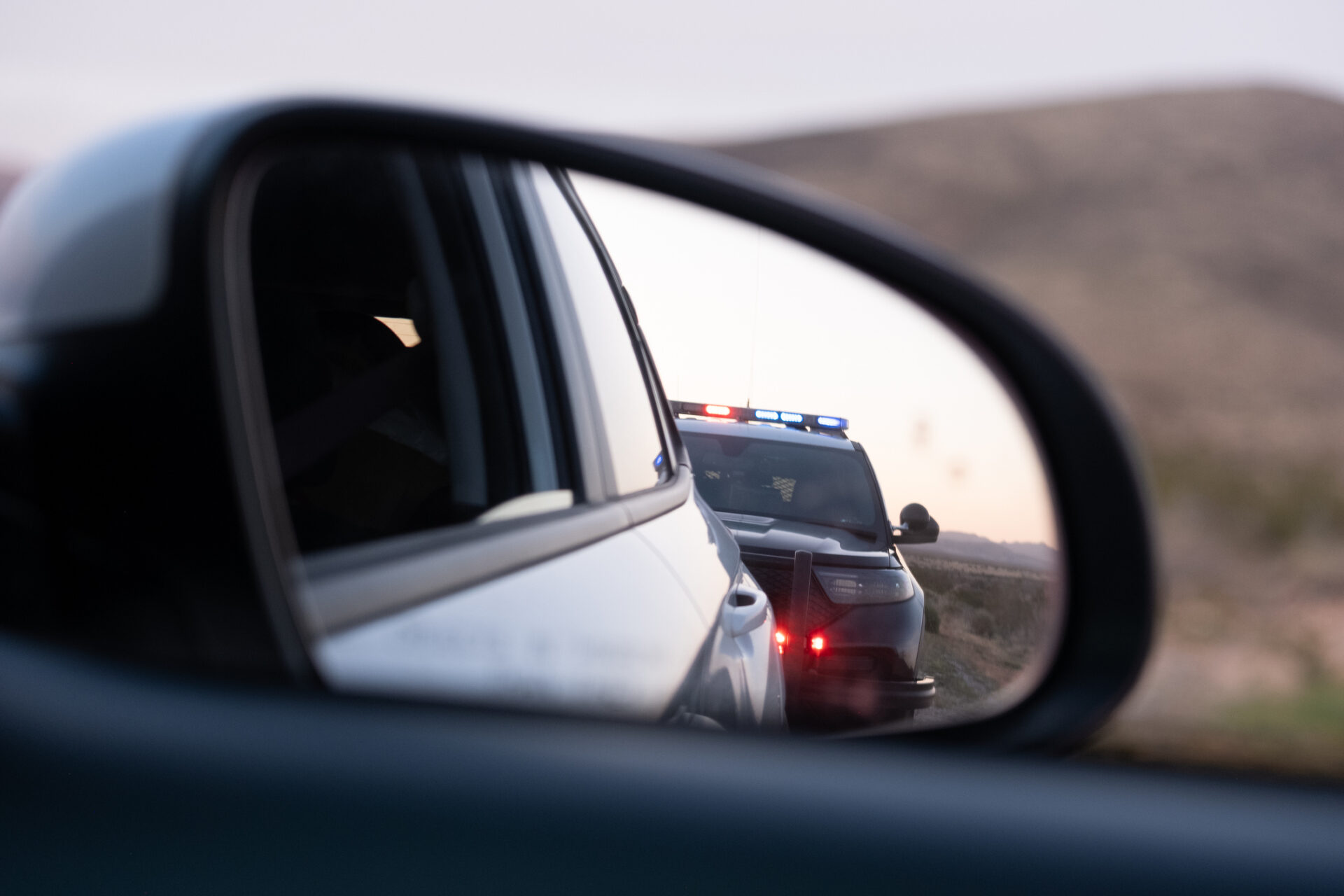
Getting a ticket in Maryland can feel frustrating and expensive. You worry about fines, points, and your insurance rate. The good news is that you have options. With a little planning, you can protect your record, reduce penalties, and sometimes beat the ticket outright. Here is how to fight a traffic ticket in Maryland, when a lawyer helps, and the best defenses for common violations like speeding.
First things first: read the ticket and your deadline
Start by checking the citation for your alleged violation, the court location, and the response deadline. Maryland tickets usually give you three choices: pay the preset fine, request a waiver hearing, or request a trial. Do not miss your deadline. If you ignore the ticket, you risk a failure to appear, a license suspension, and higher penalties.
- Pay the preset fine: This ends the case, but it counts as a conviction. Points hit your record, and insurance can increase. If you want to protect your record, do not pick this option without considering the others.
- Waiver hearing: You plead guilty, explain your circumstances, and ask the judge for a reduced fine or probation before judgment, also called PBJ. PBJ keeps points off your license if granted, but it still counts as a disposition the MVA can see.
- Trial: You plead not guilty and make the State prove its case. You can cross examine the officer, present evidence, and ask for dismissal if the State falls short. A trial keeps all defenses on the table.
If you want the chance for dismissal or a not guilty, request a trial. If your priority is avoiding points, a waiver hearing with a well prepared request for PBJ can work. If you have a commercial driver’s license, or prior tickets, talk to an attorney before choosing.
How to prepare for your court date
Good preparation increases your chances of a better outcome.
- Gather evidence: Photos of the roadway, signs, speed limit placements, construction zones, or obstructed views. Weather records. Dash cam video. GPS data or telematics. Anything that supports your version of events.
- Get your driving record: A clean record helps you ask for PBJ. You can order it from the MVA. Bring a printed copy to court.
- Identify witnesses: A passenger, another driver, or a business owner who saw the scene can help. Get written statements and, if possible, have them appear in court.
- Be ready to explain: Judges appreciate drivers who take responsibility for safe driving. Document remedial actions such as a driver improvement course or vehicle repairs if mechanical issues contributed.
Common defenses that work in Maryland traffic cases
There is no one size fits all defense. The best defense depends on the specific charge and facts. Here are proven approaches.
- Officer nonappearance: If the citing officer does not appear and the State is not ready, you can ask for dismissal for lack of prosecution. This does not always work, but it can end the case.
- Inadequate proof: The State must prove your charge beyond a reasonable doubt. If the officer cannot recall key details or fails to establish necessary elements, you can argue that the proof falls short.
- Faulty or uncalibrated equipment: For speed cases, request proof of radar, lidar, or pace method accuracy. Maryland courts often require recent certifications for the device and tuning forks. If the paperwork is missing or outdated, credibility can suffer.
- Improper signage or unclear limits: If speed limit signs were missing, blocked, or placed inconsistently, bring photos and measurements. For stop sign or lane control issues, show how visibility or markings were compromised.
- Necessity or safety: Sometimes you break a rule to avoid greater harm, such as swerving to avoid debris or an abrupt lane change due to an emergency vehicle. Document the circumstances with photos and witness statements.
- Mistaken identity or vehicle: In heavy traffic, vehicle mix ups happen. Paint color discrepancies, incorrect plate numbers, or officer angle of view can support reasonable doubt.
What is the best defense for a speeding ticket?
The best defense is the one that fits your facts and undermines the State’s proof. In Maryland speeding cases, the strongest defenses often combine equipment challenges with clear, visual evidence of the roadway.
- Challenge measurement reliability: Ask for the officer’s training record and the device’s calibration logs. If the State cannot provide recent certifications, argue that the speed reading is not reliable.
- Contest the observation: Use photos and diagrams to show sightline limitations, traffic density, or curves that make a clean radar or lidar reading less likely. Dash cam footage can show your speed trend and traffic flow.
- Highlight signage issues: If the speed limit changed recently or signage was obstructed, present clear photos and distances. Courts take signage problems seriously.
- Present mitigation for PBJ: If the State’s proof looks strong, pivot to mitigation. A clean driving record, completion of a driver improvement course, and respectful conduct in court can support a PBJ that keeps points off your license.
What to expect for penalties and points
Maryland uses a point system. Points range from 1 to 5 for most moving violations, with higher totals for serious offenses. Accumulating 5 to 7 points may trigger a driver improvement program, 8 to 11 points can lead to suspension, and 12 or more can result in revocation. Fines vary by violation, and insurance increases often cost far more than the ticket itself.
For many drivers, the real goal is avoiding points. That is where PBJ can help. If the judge grants PBJ, the court stays the finding, and no points are assessed. You must stay violation free during the PBJ period. Out of state drivers should confirm how their home state treats PBJ.
How to fight a traffic ticket in Maryland, step by step
- Decide your goal: dismissal, not guilty, or no points.
- Request a trial or waiver hearing by the deadline.
- Organize evidence and witnesses.
- Obtain your driving record and consider a driver course.
- Appear on time, dress neatly, and be respectful.
- Make your defense concisely. If needed, request PBJ.
If the judge rules against you, you can explore an appeal within the deadline. An attorney can evaluate appeal grounds such as legal errors or evidentiary rulings.
Is it worth it to hire a lawyer for a traffic ticket?
For many drivers, yes, especially if you have a CDL, prior tickets, significant speed over the limit, an accident attached to the citation, or a goal of keeping points off your record. A lawyer knows local court practices, how specific judges handle PBJ requests, and how to spot weaknesses in the State’s case. Lawyers can appear for you in many traffic matters, saving you time and stress. They can negotiate with the State, frame your mitigation, and push for dismissal when the proof is thin.
If your case involves multiple tickets, high speed allegations, or potential suspension, consulting a lawyer is a smart move. When you want a focused defense from someone who practices in Maryland courts every day, consider speaking with an experienced traffic lawyer in Baltimore. You can learn more about how representation works by visiting our page for Baltimore traffic attorney.
When a traffic ticket is only part of the problem
Sometimes a traffic citation follows a crash. If you were injured and also cited, you have two overlapping issues, your injury claim and your ticket. Getting advice early helps you protect both. Our team handles injury claims and understands how a traffic case can affect insurance negotiations. If you need guidance after a collision, contact The Law Offices of Nicholas A. Parr, a car accident lawyer in Baltimore.
How a lawyer can help reduce points or get charges dismissed
A local attorney brings practical advantages.
- Procedural know how: Motions to exclude unreliable readings, timely objections, and cross examination of the officer’s method and memory.
- Local insight: Familiarity with judges, prosecutors, and court routines that shape plea discussions and PBJ outcomes.
- Strategic mitigation: Presenting your record, course completion, and community ties to secure PBJ or a reduced charge.
- Evidence development: Subpoenaing calibration records, dispatch logs, and roadway maintenance documents you may not get on your own.
These tools improve your odds of a dismissal, a not guilty, or a result that keeps points off your license.
Practical tips for court day
Arrive early to find your courtroom and review the docket. Listen for your name, and stand when called. Address the judge as Your Honor. Speak clearly and stick to the facts. Do not argue with the officer. Ask concise questions. If you need time to hire counsel or gather records, politely request a continuance.
The bottom line
You have choices when you receive a ticket in Maryland. If you want to fight the citation, request a trial, prepare focused evidence, and challenge the State’s proof. If avoiding points matters most, a waiver hearing with a well presented PBJ request may be the right move. The best defense for a speeding ticket is the one that attacks the specific measurement and signage facts in your case, and that gives the judge a clear reason to question the State’s evidence. If you would like experienced help, our firm is ready to guide you through the process and protect your record. For a deeper look at local defense options, explore how a traffic ticket lawyer in Baltimore, like Nicholas A. Parr, approaches these cases. Contact us today.

